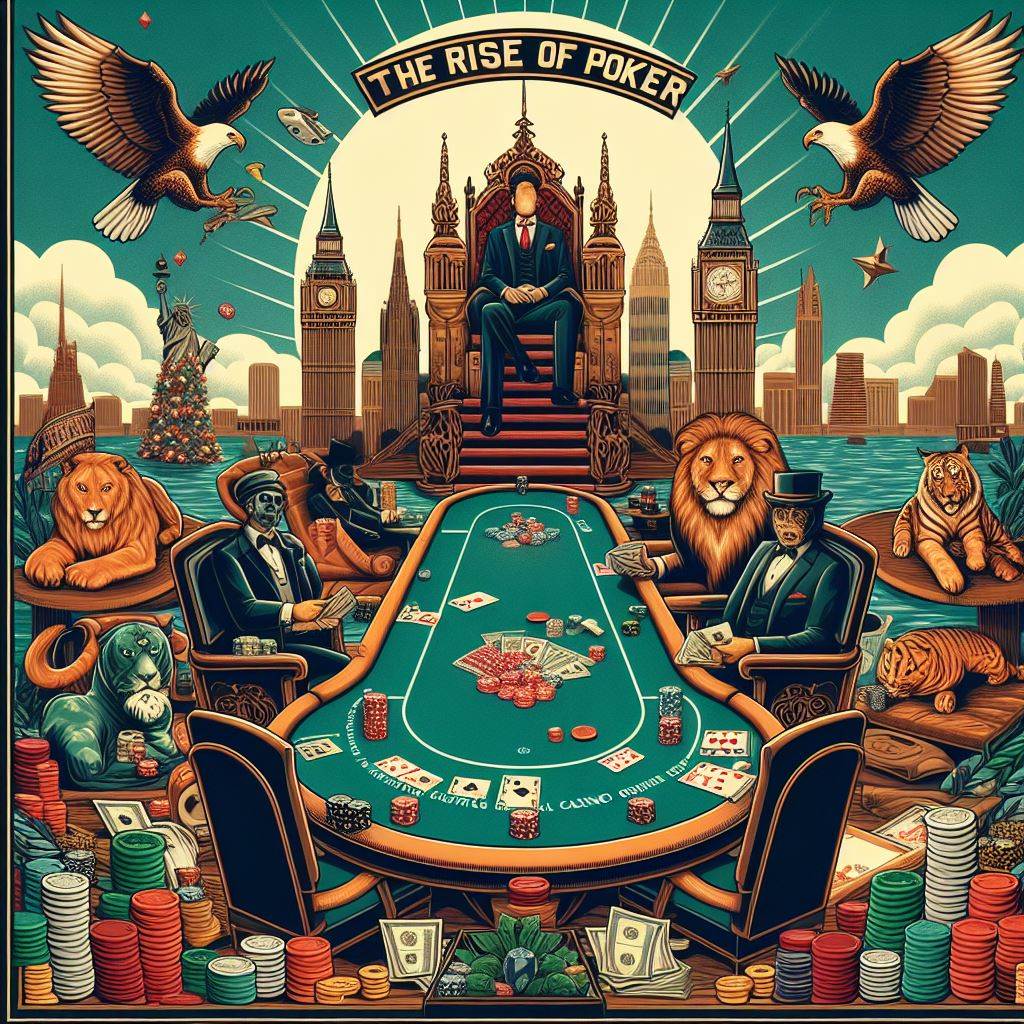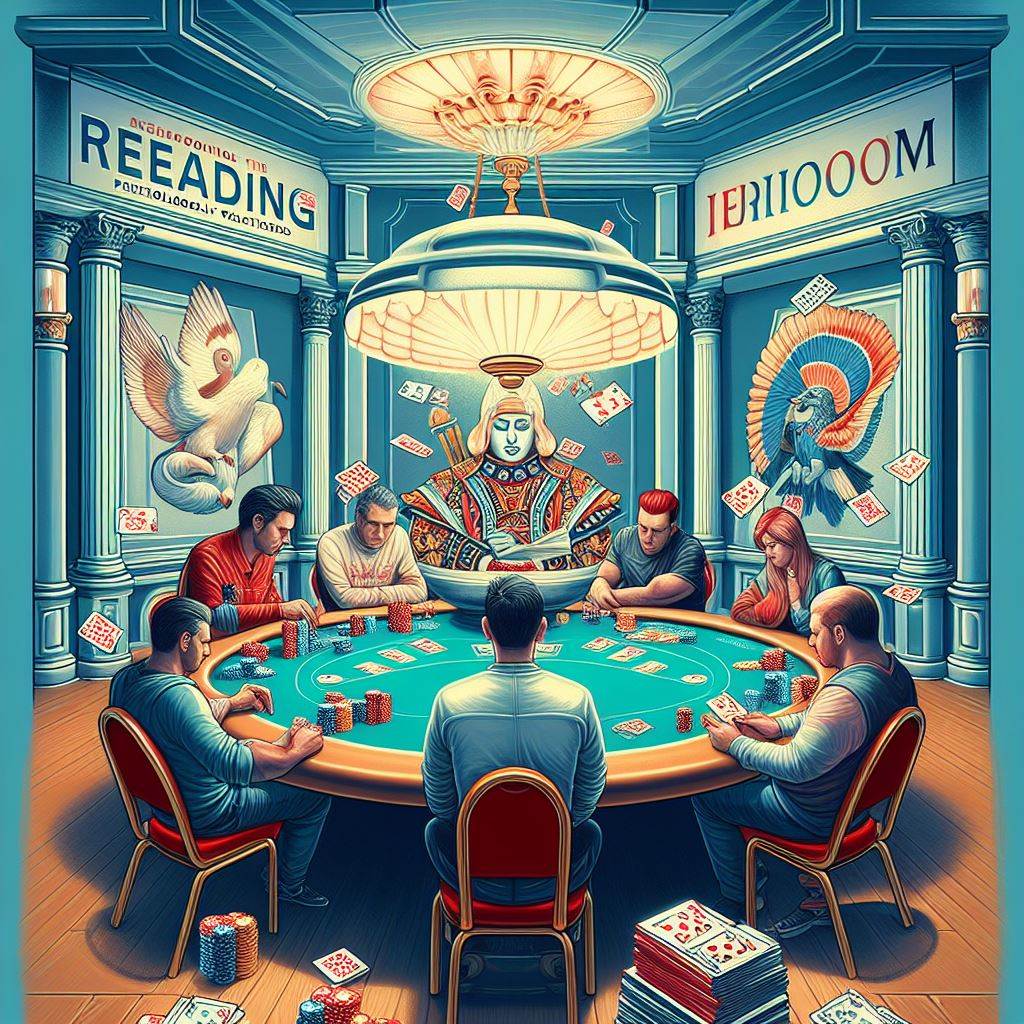The story of poker is as captivating as the game itself, tracing a journey Saloons to Casino Empires from the humble backrooms of 19th-century saloons to the glittering heart of today’s global casino empires. This transformation is not just about a card game gaining popularity; it’s a narrative that intertwines with the evolution of society, technology, and the very essence of human competition and entertainment. “The Rise of Poker: From Saloons to Casino Empires” explores this fascinating progression, shedding light on how poker became a quintessential emblem of strategic skill and chance.
Beginnings in the American Frontier
The origins of poker are somewhat murky, with influences drawn from various card games brought to America by European settlers. However, it was in the American Frontier, among Saloons to Casino Empires the saloons and riverboats, that poker truly found its footing. These early versions of the game were a blend of strategy, bluff, and simplicity, making them an immediate hit among the inhabitants of a rapidly expanding nation. The saloons served as the communal hub where people of all standings converged to drink, socialize, and, most importantly, play poker.
Evolution of the Game
As America grew, so did poker, evolving with the Saloons to Casino Empires times. The introduction of the draw and stud variations in the late 19th and early 20th centuries added depth and complexity to the game. Poker’s popularity soared, becoming a staple of Wild West lore and an essential component of American culture. It was during this period that the foundational elements of modern poker—such as the 52-card deck and the flush—were standardized, setting the stage for the game’s future evolution.
The Casino Era
The mid-20th century marked a pivotal turn in the story of poker with the rise of the casino industry, particularly in places like Las Vegas. Casinos transformed poker from a casual pastime into a professional endeavor, complete with structured rules, tournaments, and significant financial stakes. The World Series of Poker, established in 1970, epitomized this shift, elevating poker to a sport of international acclaim and drawing players from across the globe.
Poker Goes Digital
The advent of the internet era in the late 20th and early 21st centuries propelled poker into a new realm. Online platforms democratized the game, making it accessible to anyone with an internet connection. This digital revolution not only expanded poker’s audience but also accelerated its strategic evolution, with players now able to compete against opponents from all over the world. The 2003 victory of Chris Moneymaker, an online player who went on to win the World Series of Poker, symbolized this new era of poker, where the virtual and the tangible blend seamlessly.
The Global Phenomenon
Today, poker is more than just a game; it’s a global phenomenon that transcends cultural and geographical boundaries. Casino empires around the world host international poker tournaments, attracting players and spectators in the millions. Poker has also permeated popular culture, featuring in movies, television shows, and even literature, further cementing its status as a symbol of cunning, strategy, and fortune.
Looking Forward
The rise of poker from saloons to casino empires is a testament to its enduring appeal and the human fascination with games of skill and chance. As technology advances and society evolves, poker will undoubtedly continue to adapt and thrive, remaining a beloved pastime for generations to come.
In reflecting on poker’s journey, one cannot help but marvel at its transformation—a game that began on the rugged edges of American frontier life, now a centerpiece in the opulent halls of casino empires worldwide. This is not merely the rise of a card game but a narrative of human endeavor, ingenuity, and the timeless pursuit of victory.



